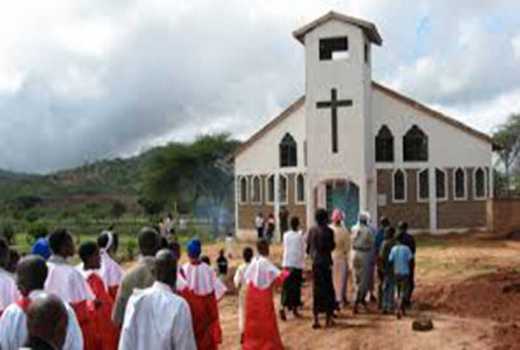×
The Standard e-Paper
Home To Bold Columnists

Kenyans are beaten numb and dumb with endless exposes on financial scandals that have characterised successive regimes since independence. Yet the political class have no monopoly on scams and scandals.
Churches locally and globally are frequently coming under scrutiny from their faithful and the law and they too are often found wanting when it comes to accountability, cover ups, sexual abuse and misuse of power.